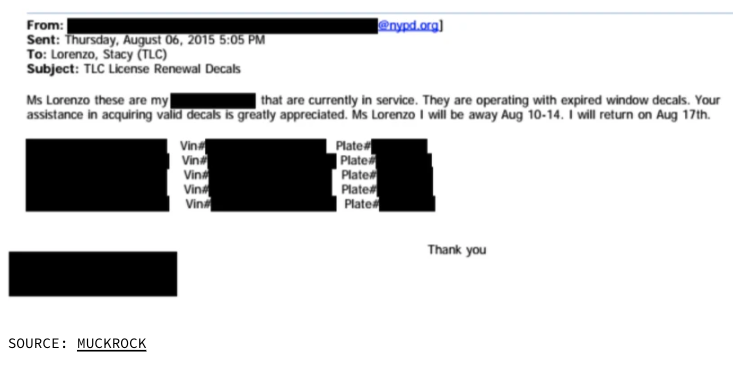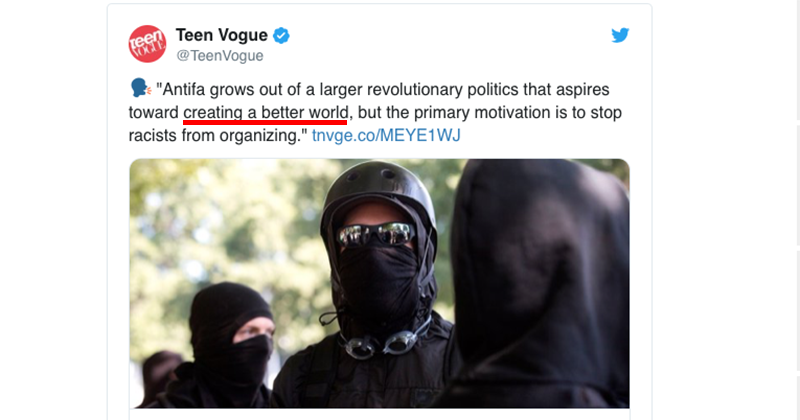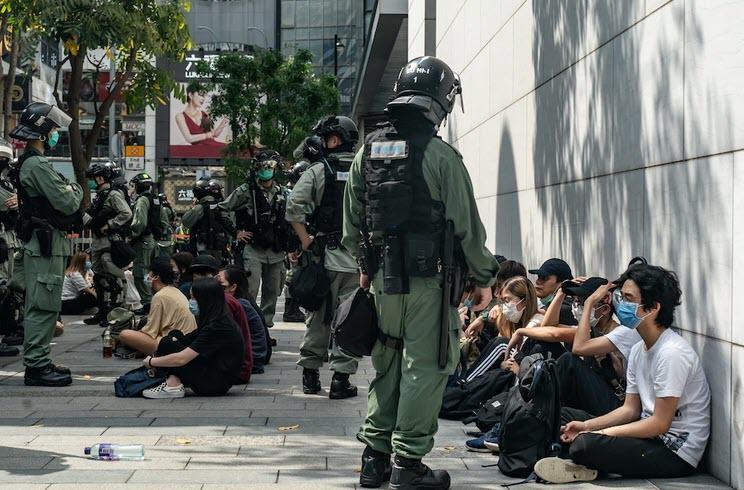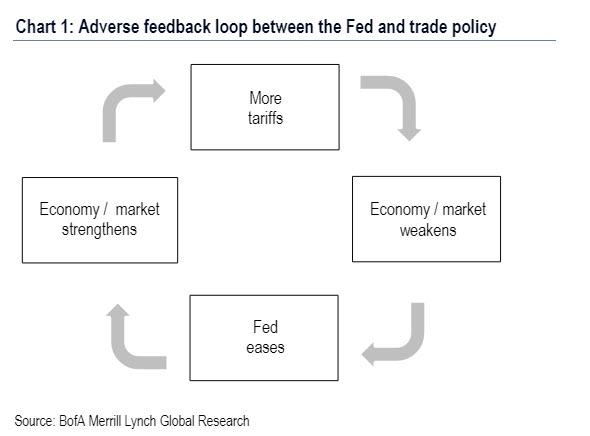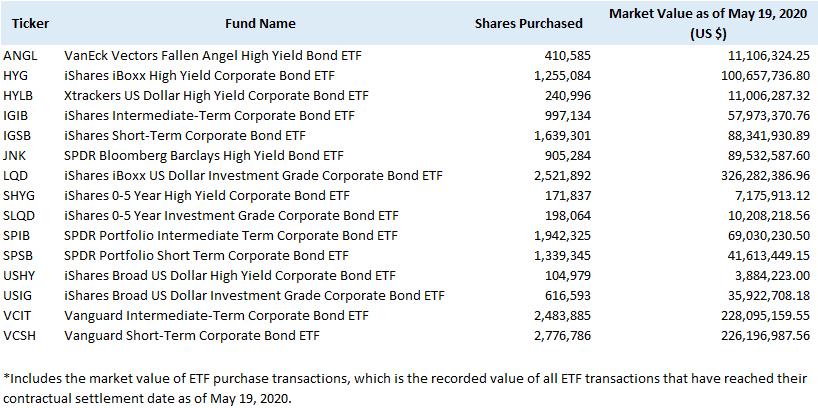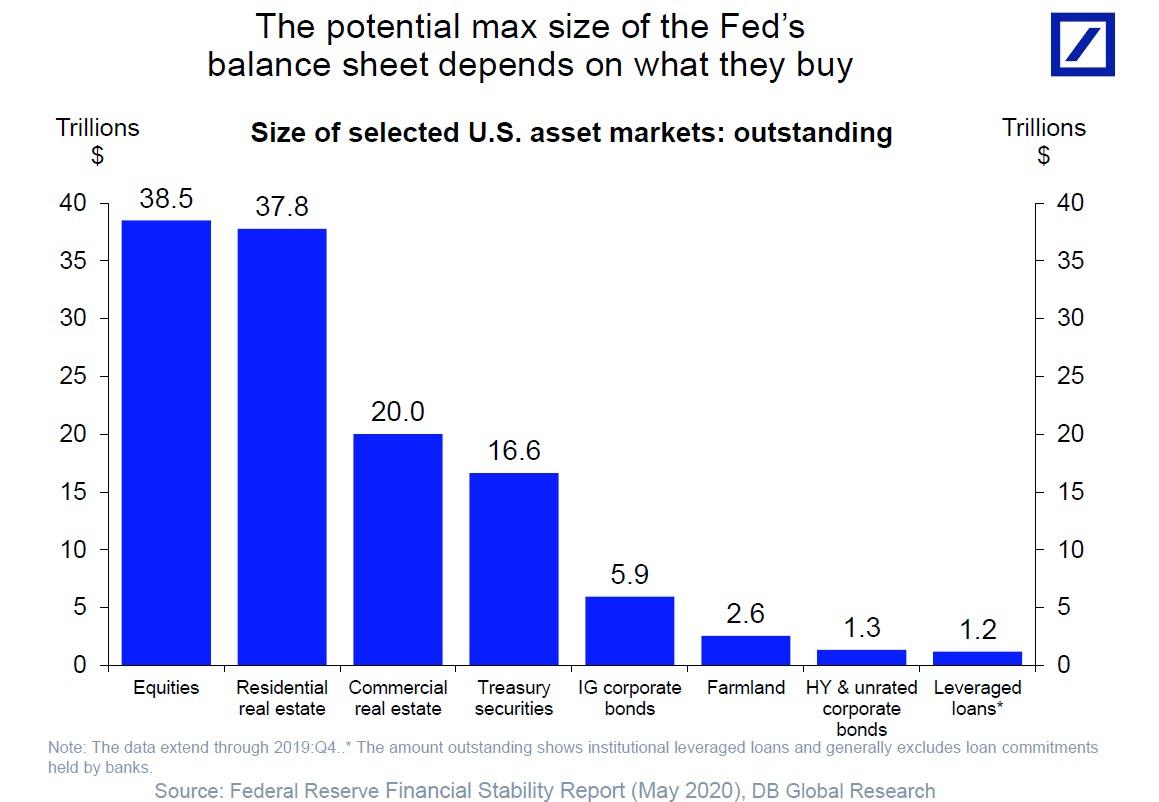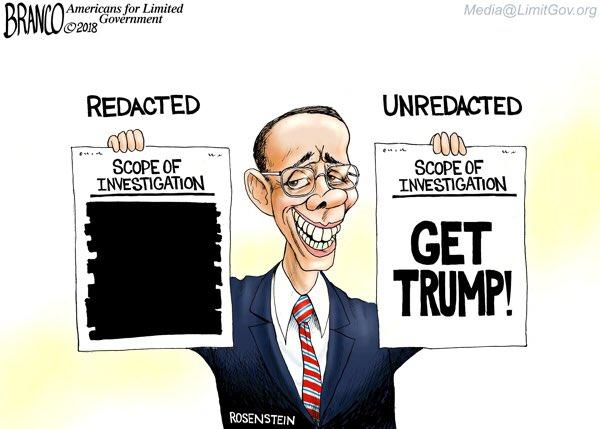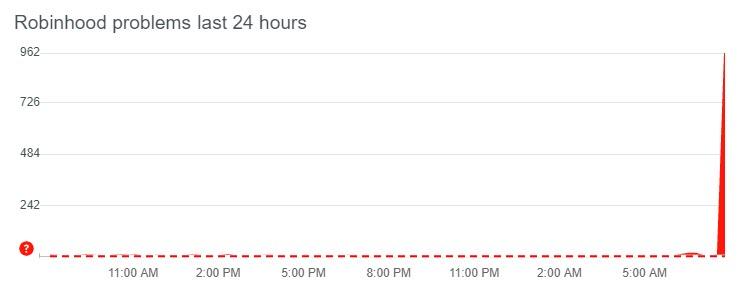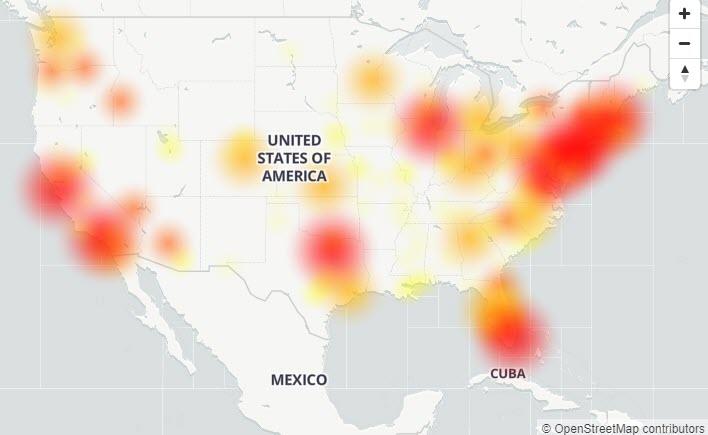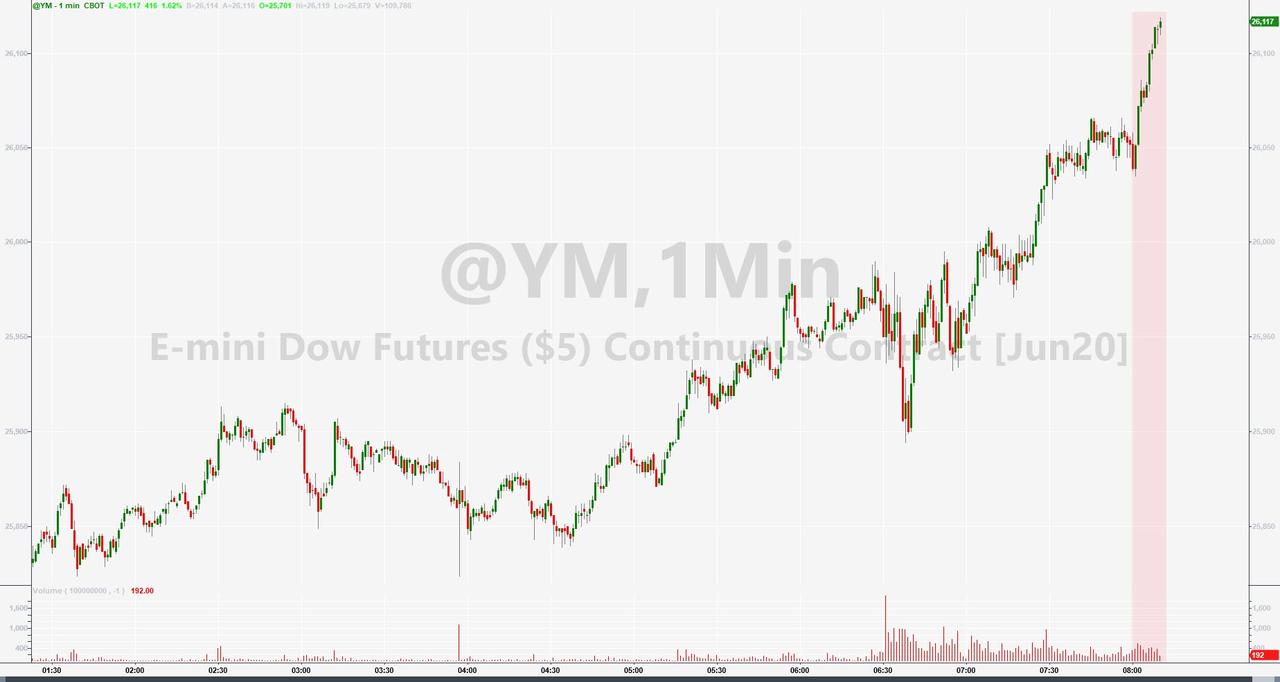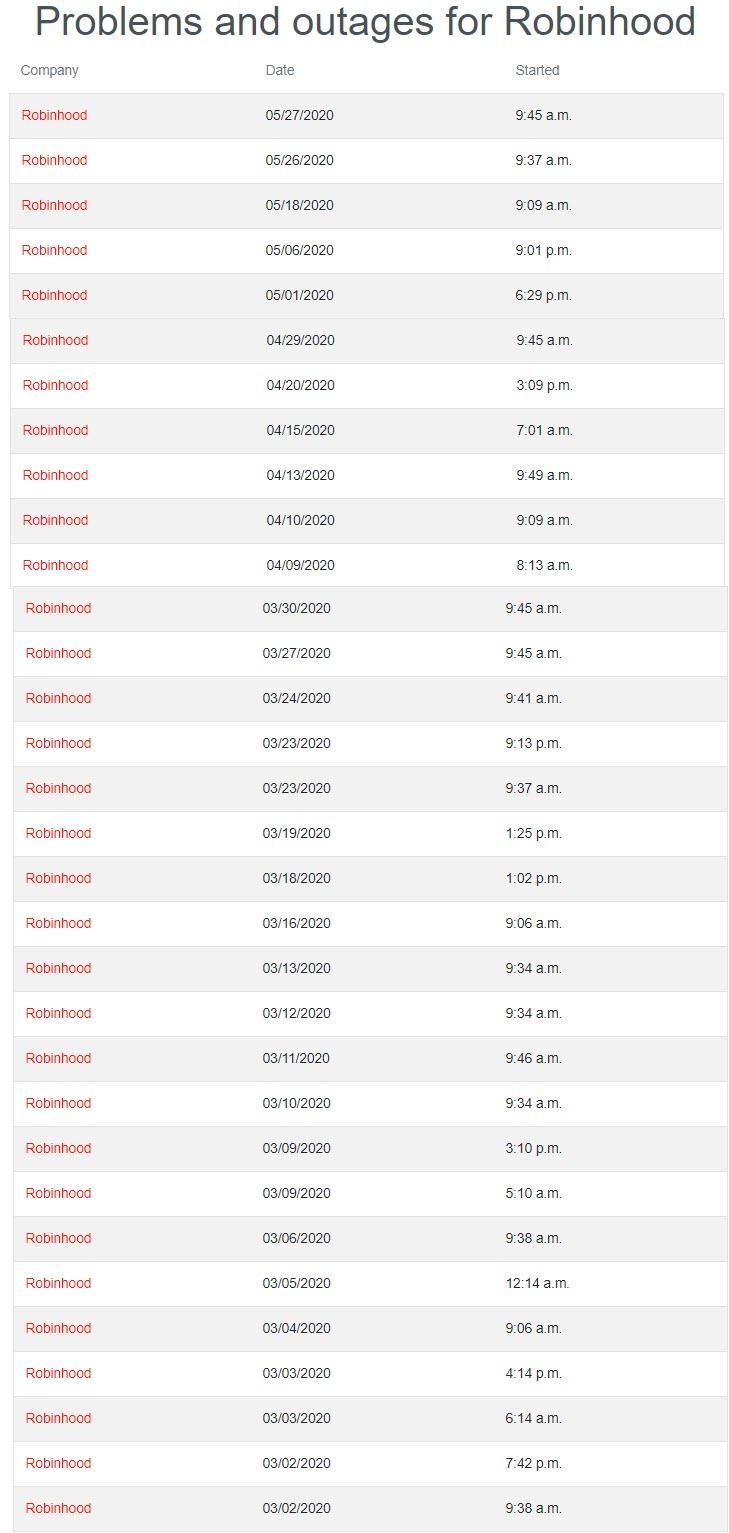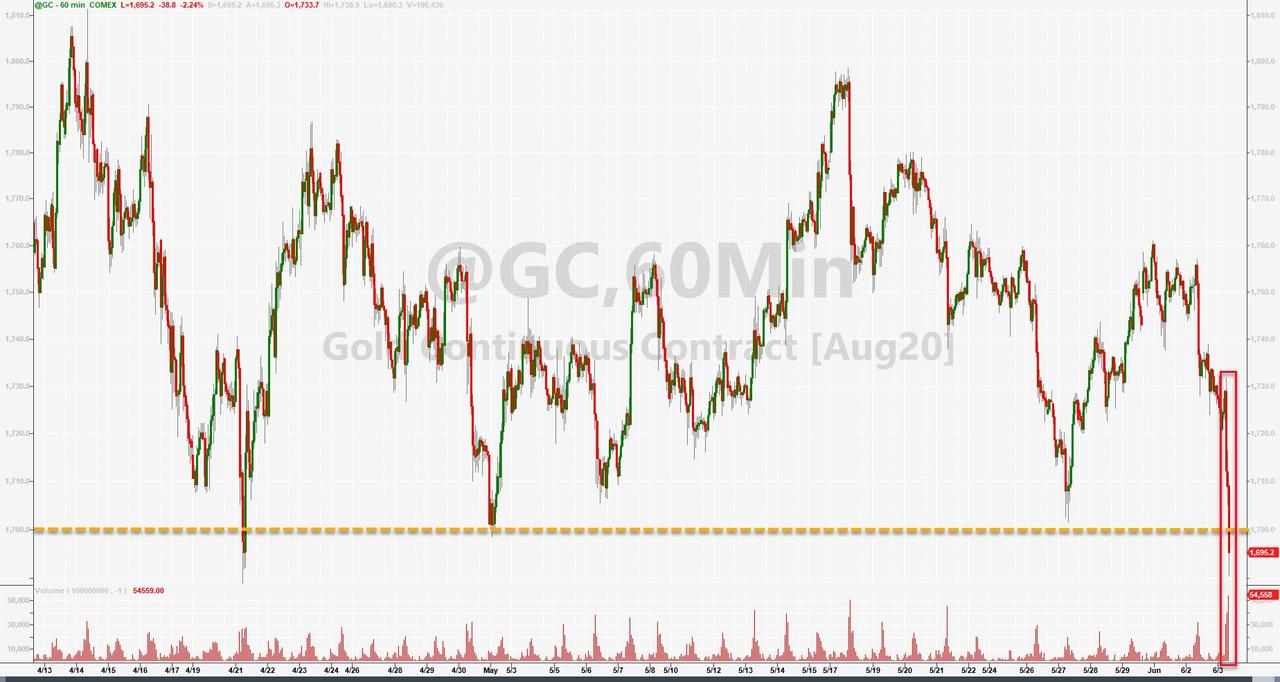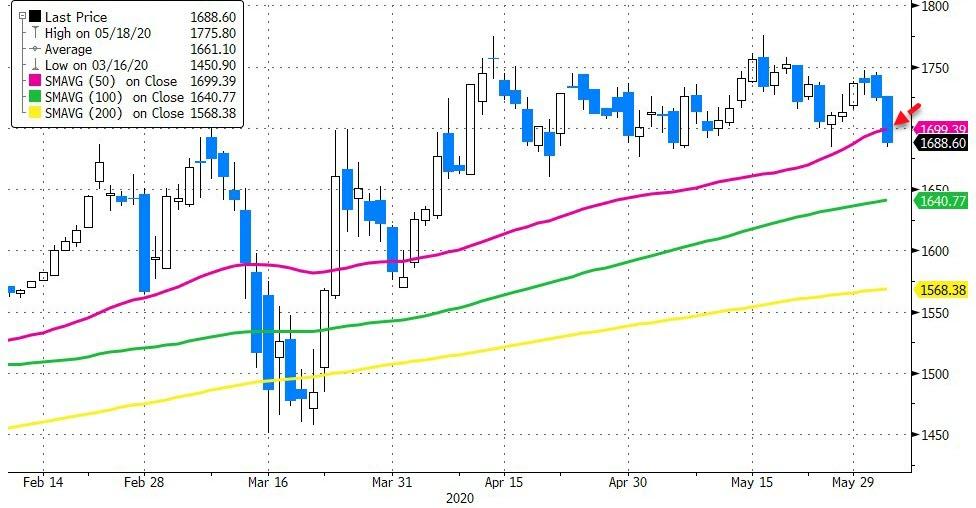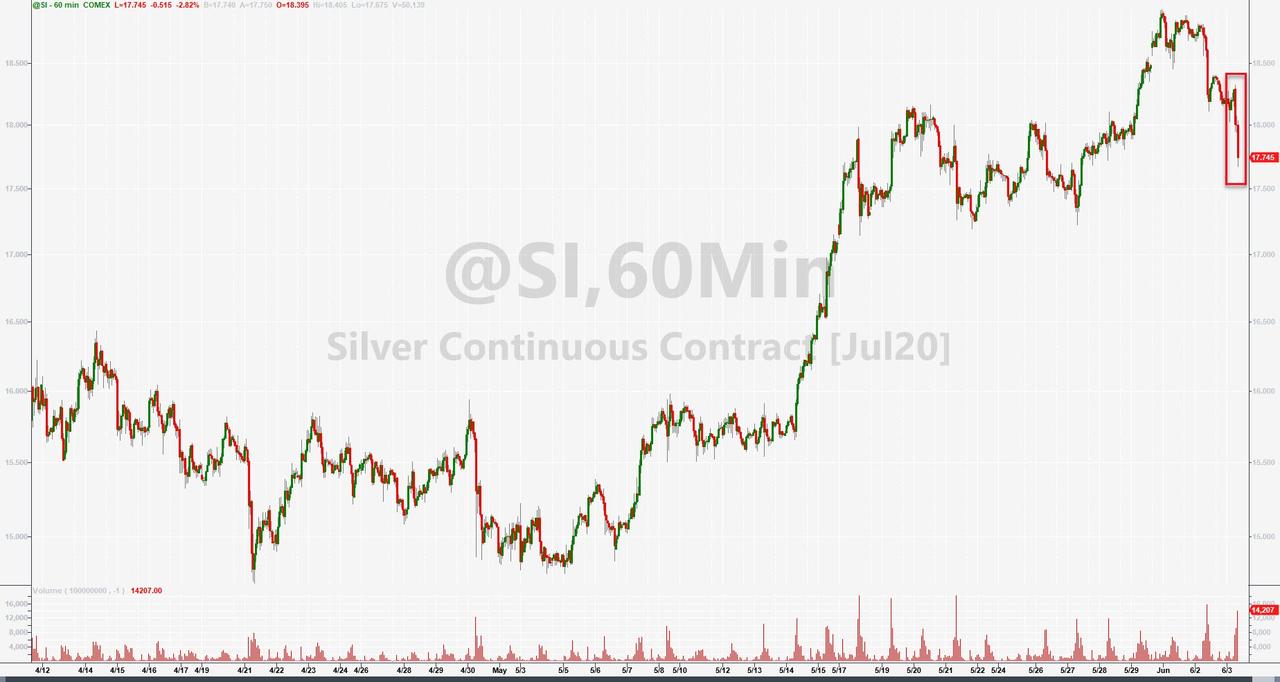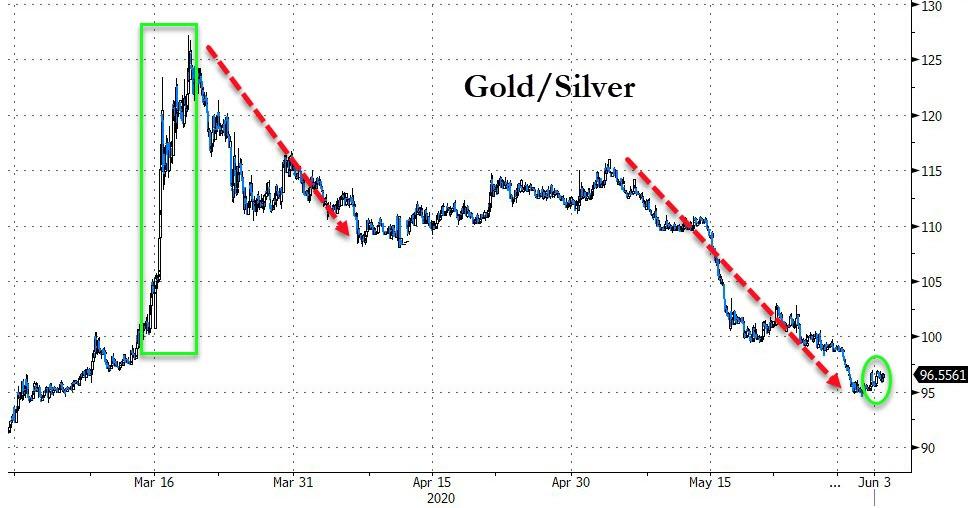One big problem with the justice system is that we don’t really know what most prosecutors are doing. The vast majority of local district attorneys collect no aggregate data on charging decisions, sentencing recommendations, and the like. But thanks to TRAC—the Transactional Records Access Clearinghouse—we at least have a sense of what federal prosecutors are up to.
So let’s flash back to March, when schools, churches, and workplaces were being closed by gubernatorial order. According to TRAC, U.S. attorneys filed 19 percent fewer cases in March than in February—an understandable decline, given the circumstances. Indeed, you might wonder why the number didn’t come down more. What was the criminal division of the U.S. Department of Justice (DOJ) focusing on? What was so important that it was worth stressing an already-scrambling federal judiciary?
A lot of drug and immigration offenses, apparently.
On March 16, Attorney General Bill Barr sent a memo asking all U.S. Attorneys to prioritize charges related to COVID-19, such as crooks who sell fake cures or send phishing emails while pretending to work for the Centers for Disease Control or the World Health Organization. But out of 11,219 new cases filed in March, the top charge for 1,989 of them—almost 18 percent—was the ominous “reentry of deported alien” charge. For another 244, “bringing in and harboring certain aliens” was the most serious charge on their indictments. Overall, a whopping 61.5 percent of the new cases charged in March 2020 involved immigration crimes.
Meanwhile, “drug trafficking” constituted 8.9 percent of the Justice Department’s March charges. Out of those cases, federal prosecutors levied drug conspiracy charges and charges for attempted crimes roughly half the time. Drug conspiracy cases in particular can lead to disproportionately harsh federal sentences, because every single person involved, from the two-bit street dealer to the kingpin, can be punished for the entire weight of all drugs trafficked by every person involved.
For another 517 new cases, the most serious charge was chapter 18, section 922 of the United States Code: unlawful firearm transactions, including the expansive “felon in possession of a firearm” rule in subsection (g). That is the law that treats the tax evader, the politician failing to comply with campaign finance laws, and the killer who announces that he wants to kill again as equally likely to commit the next shooting.
Federal prosecutors are reactive to what other law enforcement investigate, and referrals for prosecution were largely unaffected by COVID-19 in the first half of March. In February and the first half of March, the Justice Department was still receiving about 4,500 referrals per week. By the last week of March, this figure was down to 1,800 referrals.
On June 1, the TRAC report for April was released. The small dip in cases from February to March was not just a fluke: Through all of April, there were only 2,824 new cases filed. Yet again, immigration- and drug-related crimes constituted the four most common top charges. The twin wars against drugs and immigrants march onward, while real crimes are more likely to go unaddressed.
Douglas A. Berman, a law professor at Ohio State University who maintains the influential blog Sentencing Law and Policy, wrote recently that he expects the dip to end soon, with a rebound in federal prosecutions likely showing up in May’s TRAC numbers. Harder to measure will be whether the dip in the DOJ’s caseload has had any measurable impact on public safety. In some cities, including Philadelphia, homicides and store burglaries are up while rapes are down. But the Justice Department rarely handles those sorts of crimes, as federal prosecutors generally need to find an interstate commerce component of a case before they can legally take over.
“At one time, federal prosecutions were the elite of the elite, and focused on major crimes,” says Robert Gifford II, a former assistant U.S. attorney who handled some of Oklahoma’s most high-profile sex crimes cases. But reviewing the recent TRAC numbers, he’s struck by the sheer “pettiness of the types of prosecutions that DOJ has made a priority.”

from Latest – Reason.com https://ift.tt/3gLY2Qq
via IFTTT

